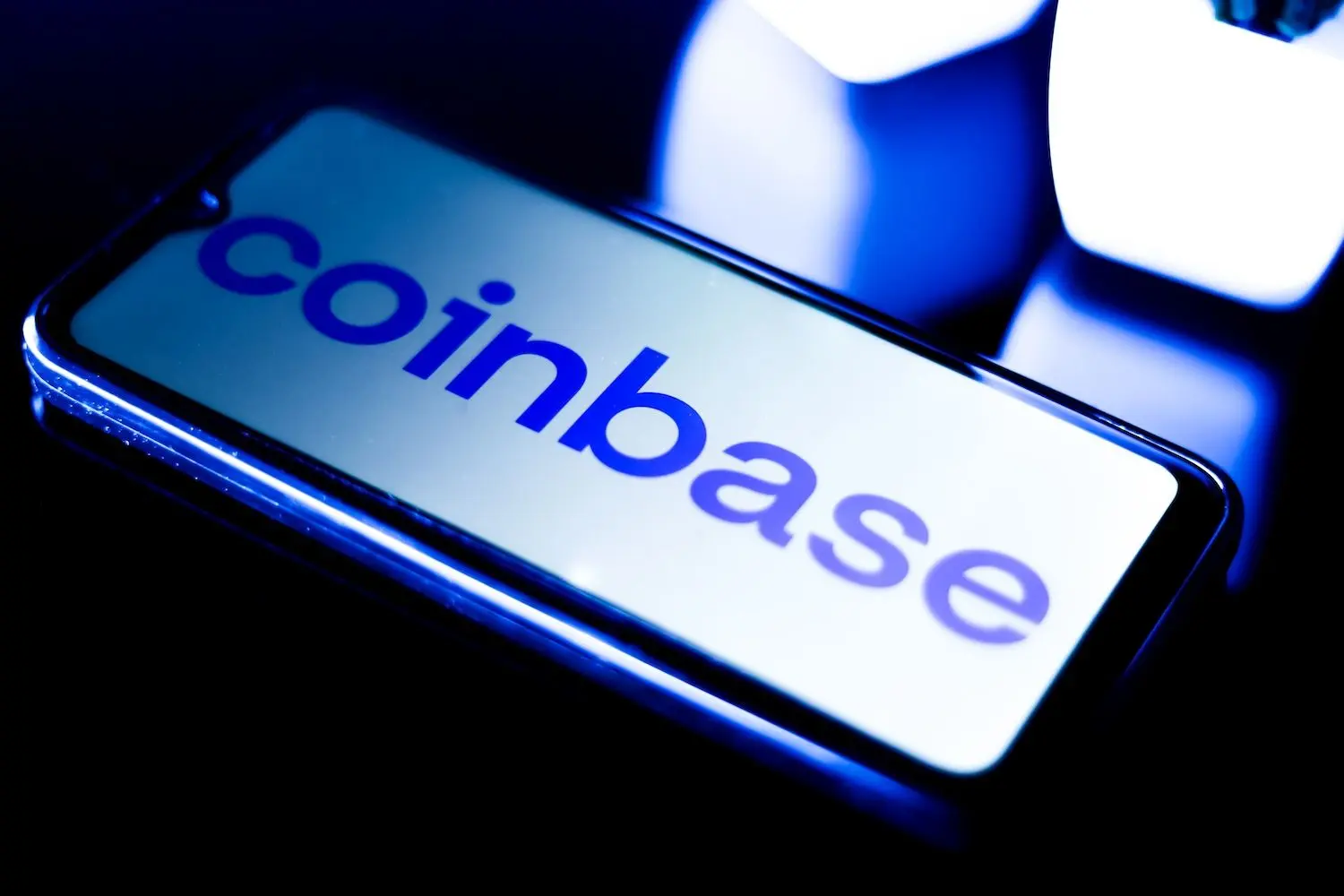Coinbase Global announced Sunday it will launch a platform allowing individual investors to purchase digital tokens before they list on its cryptocurrency exchange, a move that sent the company's shares up 4% in morning trading. The new service marks the first broad opportunity for U.S. users to participate in public token sales since 2018, when regulatory scrutiny effectively shuttered the practice.
What to Know:
- Coinbase will host approximately one token sale monthly using an algorithm to determine token allocation among investors
- Purchases will be conducted in USD Coin, a dollar-pegged stablecoin issued by Circle Internet Group
- Monad, a blockchain startup, will debut as the first project on the platform next week
Platform Mechanics and Market Opportunity
The exchange will operate token sales through a structured process that gives investors a one-week window to submit purchase requests. An algorithm will then determine how tokens are allocated among participants. Coinbase said it plans to host about one token sale per month through the platform.
The company framed the launch as addressing a persistent challenge in the cryptocurrency sector.
"Token issuers coming to market today struggle to get their tokens into the hands of real users while building deep exchange liquidity," Coinbase said in a blog post. "Coinbase is changing that."
Increased interest from both retail and institutional investors has driven growth in digital asset trading. Established players in the sector are expanding their services to capture more of the multi-trillion dollar market. The Wall Street Journal first reported the platform launch.
Investor purchases will be paid in USD Coin, a stablecoin pegged to the U.S. dollar and issued by Circle Internet Group. Monad, a blockchain startup, will become the first project to offer its token through the platform next week, according to the Journal's report.
Regulatory Context and Market Evolution
Initial coin offerings emerged as a popular fundraising method during the 2017 cryptocurrency boom. Companies sold new tokens directly to investors, often raising substantial sums in short periods. The trend slowed sharply after regulators raised concerns about investor protection and disclosure requirements.
The hiatus in public token sales reflected broader uncertainty about how securities laws apply to digital assets.
Regulatory agencies increased scrutiny of token offerings, questioning whether they constituted unregistered securities sales. Many projects shifted to private sales or abandoned token offerings entirely.
Coinbase said it plans to expand the platform's capabilities in coming months. Planned features include limit orders and higher allocations for issuers' target user bases. The exchange did not specify a timeline for these additions.
The platform represents Coinbase's effort to diversify revenue streams beyond traditional exchange trading. Transaction fees have historically driven the company's earnings, but leadership has emphasized building additional business lines. Token sales could provide a new revenue source while supporting earlier-stage projects.
Understanding Token Sales and Stablecoins
Token sales allow cryptocurrency projects to distribute digital assets to investors before broader market availability. Projects typically use the funds raised to develop their networks and platforms. Investors acquire tokens at set prices, hoping values will increase once trading begins on public exchanges.
Stablecoins are cryptocurrencies designed to maintain fixed values relative to traditional currencies or commodities. USD Coin, the payment method for Coinbase's platform, aims to hold a one-to-one value with the U.S. dollar. These assets serve as bridges between traditional finance and cryptocurrency markets.
Closing Thoughts
Coinbase's new platform represents the first major U.S. effort to revive public token sales since regulatory pressure curtailed the practice in 2018. The exchange is betting that a structured approach with algorithmic allocation can address earlier concerns about investor access and market fairness. Success will depend on regulatory acceptance and whether projects can attract sufficient investor demand through the platform.



